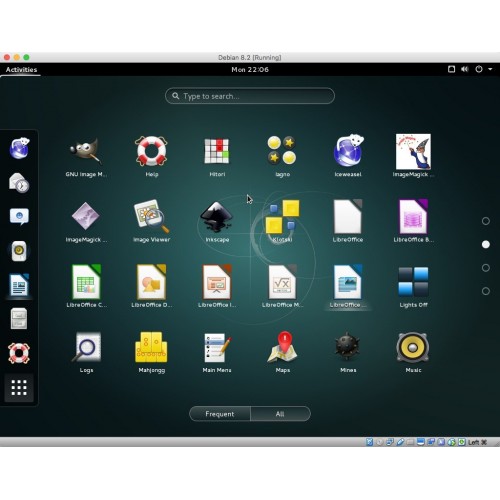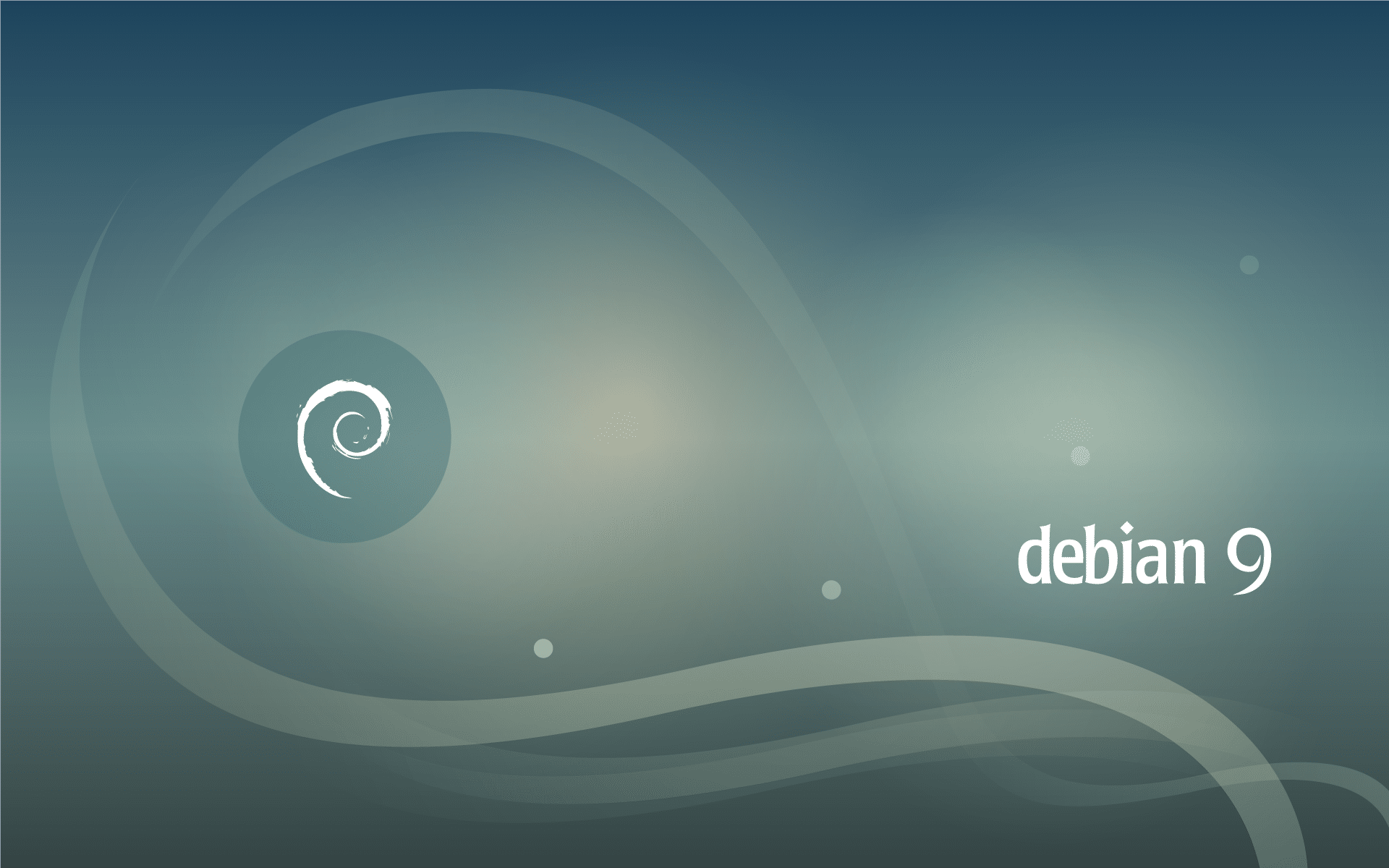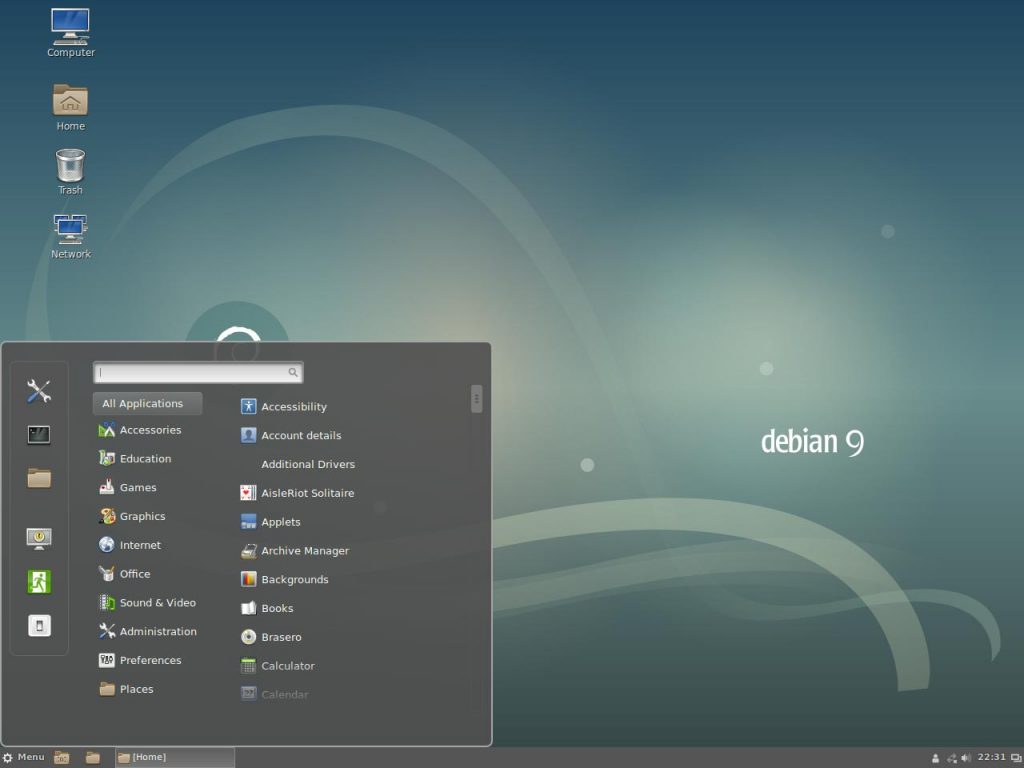
These packages are: r-cran-bootīackports of the following packages are also supplied and kept up to date in the same manner: littlerĪny help is welcome in case you would like to see additional packages here. The packages recommended by the R core team ( r-recommended) are updated in the Debian repositories on CRAN upon each new release of R (at least for the main architectures amd64 and i386). Therefore, updates of a subset of these R related packages are provided here for such Debian releases. Backports on CRANĪs R and related packages are currently not part of the official Debian backports repositories like buster-backports (please contact r-sig-debian if you would like to change this), the R versions in released or frozen Debian releases get out of date. This means that packages installed from within R take precedence over the ones installed via the Debian package management system if you happen to have two versions installed at the same time. On Debian and Ubuntu, R_LIBS_USER is set in /etc/R/Renviron to R_LIBS_USER=$ In order to find packages, R looks at the variables R_LIBS_USER and R_LIBS_SITE.
DEBIAN STRETCH UPDATE
Optional: To remove the Grafana repository: sudo rm -i /etc/apt//grafana.If you would like to update R packages that have been installed via the Debian package management system which are installed somewhere under /usr/lib/, I would recommend to do this the Debian way using the source packages from Debian unstable. To uninstall Grafana Enterprise: sudo apt-get remove grafana-enterprise To uninstall Grafana OSS: sudo apt-get remove grafana If you configured Grafana to run with init.d, stop the init.d service for Grafana server: sudo service grafana-server stop If you configured Grafana to run with systemd, stop the systemd servivce for Grafana server: sudo systemctl stop grafana-server To uninstall Grafana, run the following commands in a terminal window:

DEBIAN STRETCH INSTALL
If you want to install a nightly build, click Nightly Builds and then select a version. The Version field displays only tagged releases.The most recent Grafana version is selected by default.Select the Grafana version you want to install.If you choose not to install Grafana using APT, you can download and install Grafana using the deb package or as a standalone binary.Ĭomplete the following steps to install Grafana using DEB or the standalone binaries: Install Grafana using a deb package or as a standalone binary To install Grafana Enterprise, run the following command: # Installs the latest Enterprise release: To install Grafana OSS, run the following command: # Installs the latest OSS release: Run the following command to update the list of available packages: # Updates the list of available packages To add a repository for beta releases, run the following command: echo "deb beta main" | sudo tee -a /etc/apt//grafana.list To add a repository for stable releases, run the following command: echo "deb stable main" | sudo tee -a /etc/apt//grafana.list Sudo wget -q -O /usr/share/keyrings/grafana.key Sudo apt-get install -y software-properties-common wget To install required packages and download the Grafana repository signing key, run the following commands: sudo apt-get install -y apt-transport-https


DEBIAN STRETCH UPGRADE
You can also upgrade to the full Enterprise feature set, which has support for Enterprise plugins.Ĭomplete the following steps to install Grafana from the APT repository:
DEBIAN STRETCH FOR FREE
It is available for free and includes all the features of the OSS edition.

Note: Grafana Enterprise is the recommended and default edition.


 0 kommentar(er)
0 kommentar(er)
